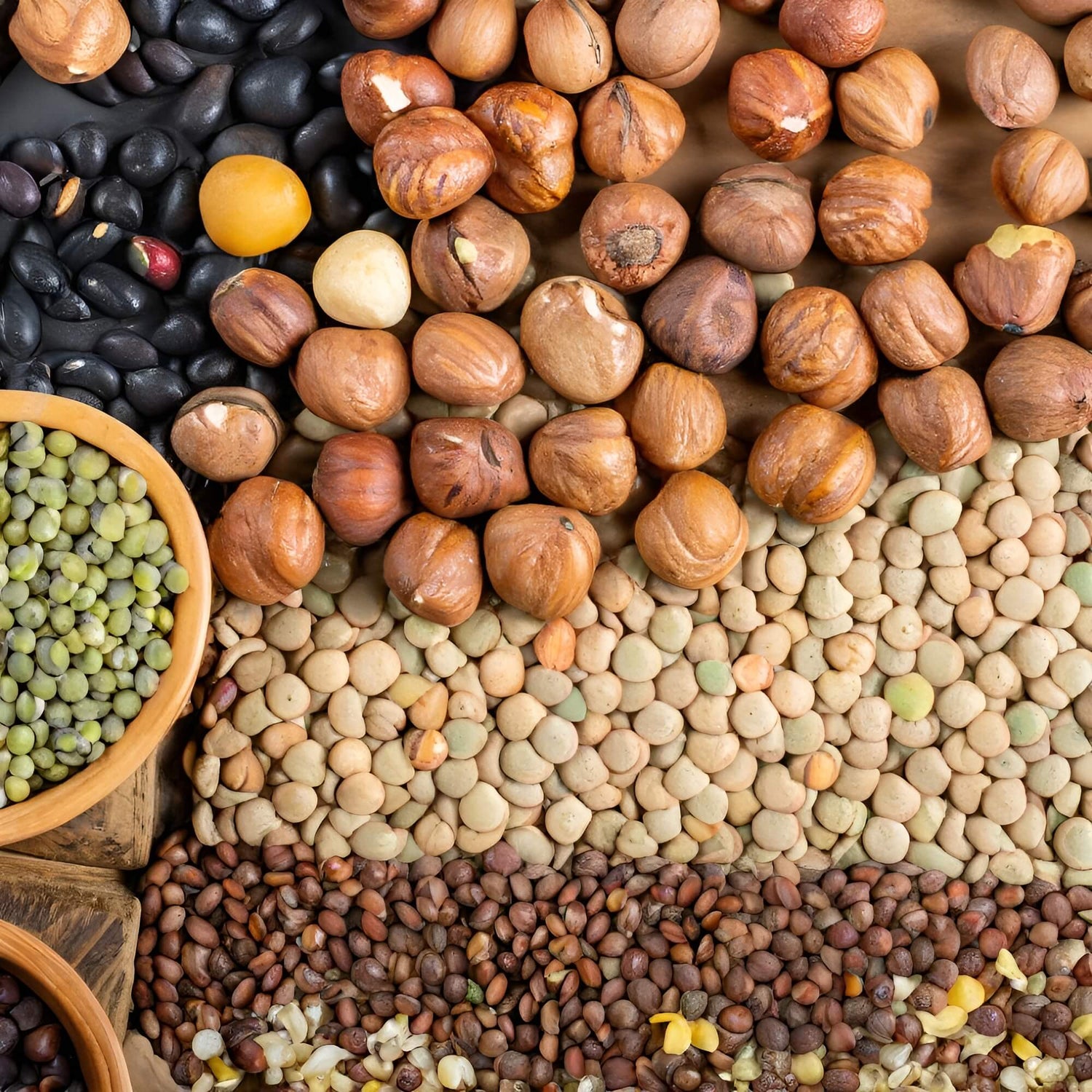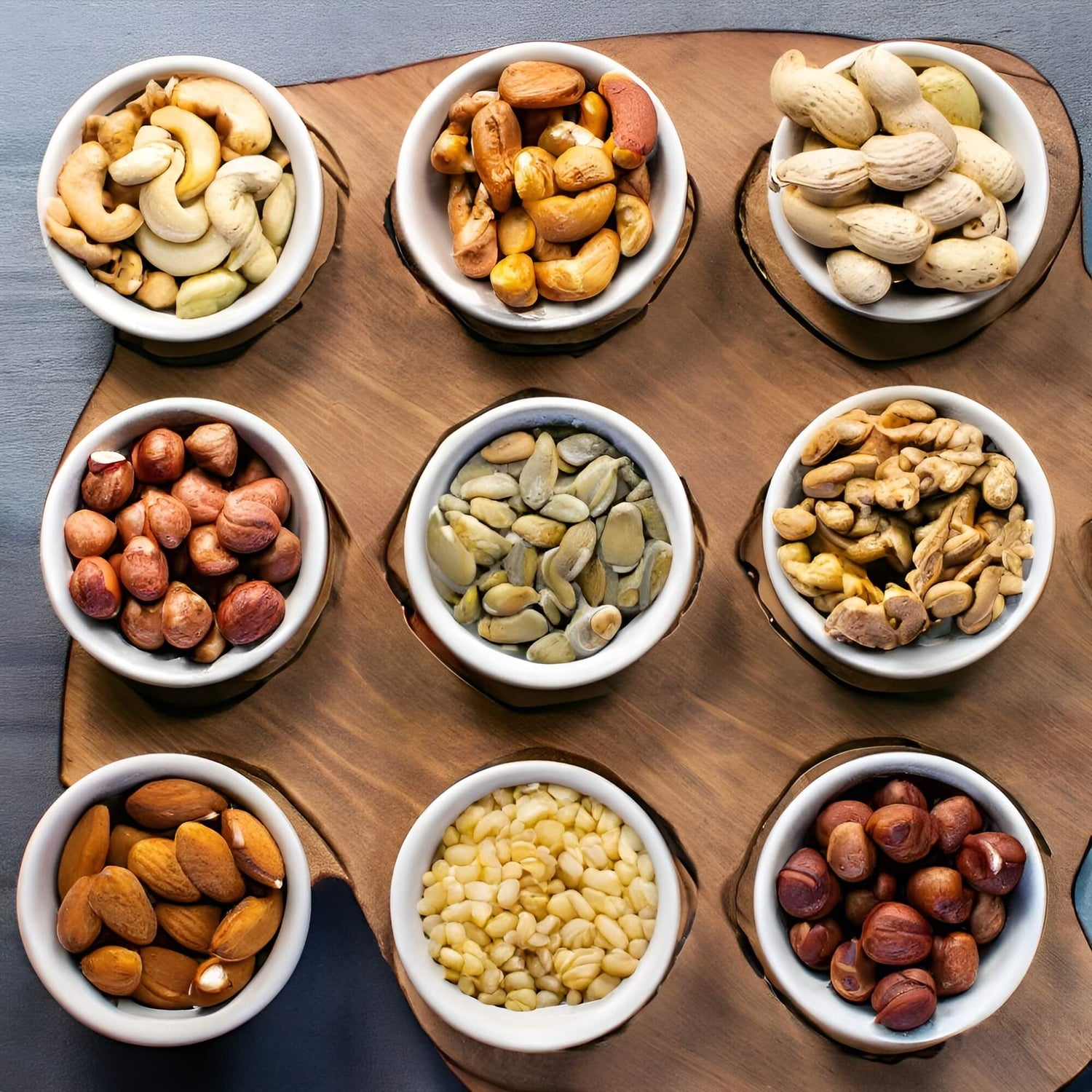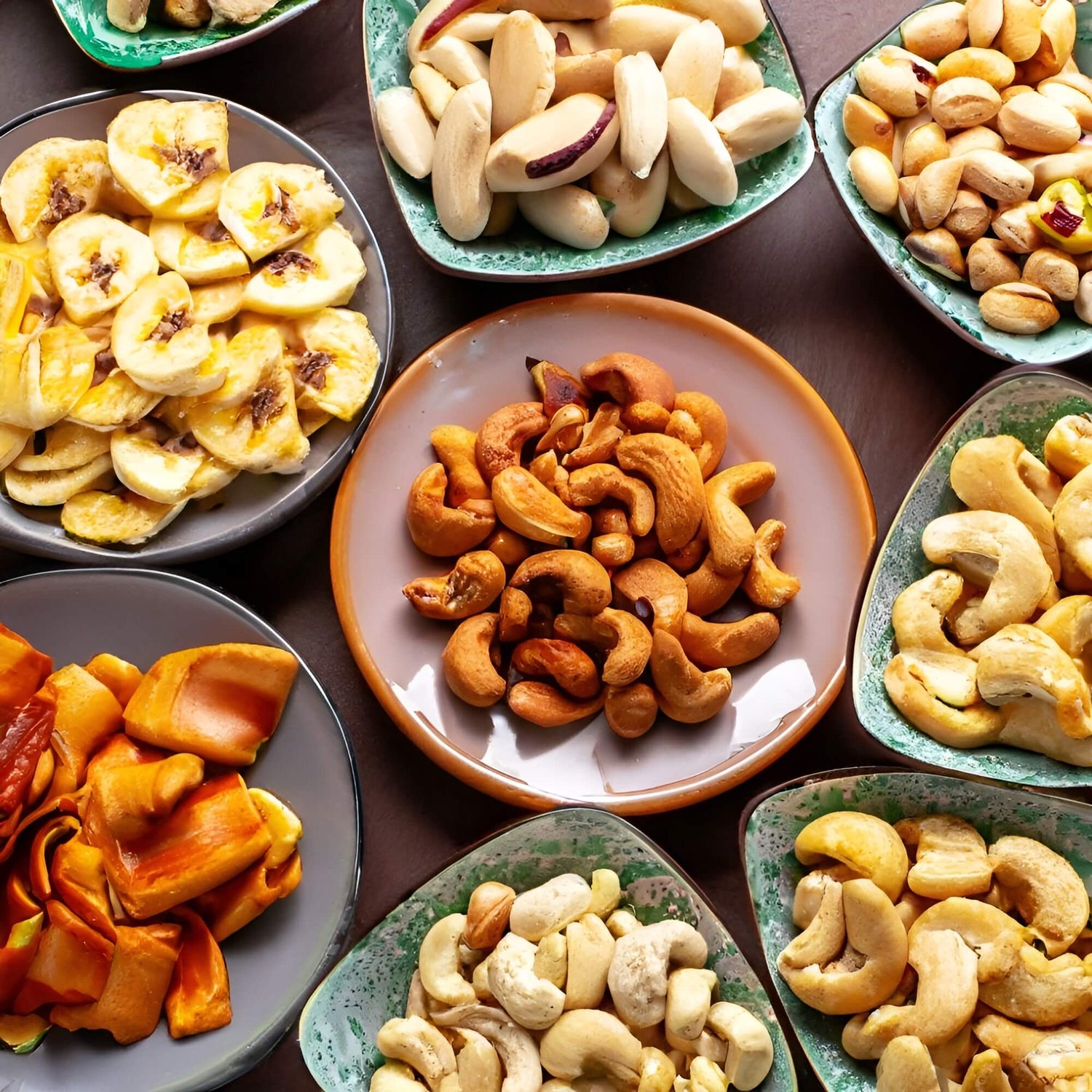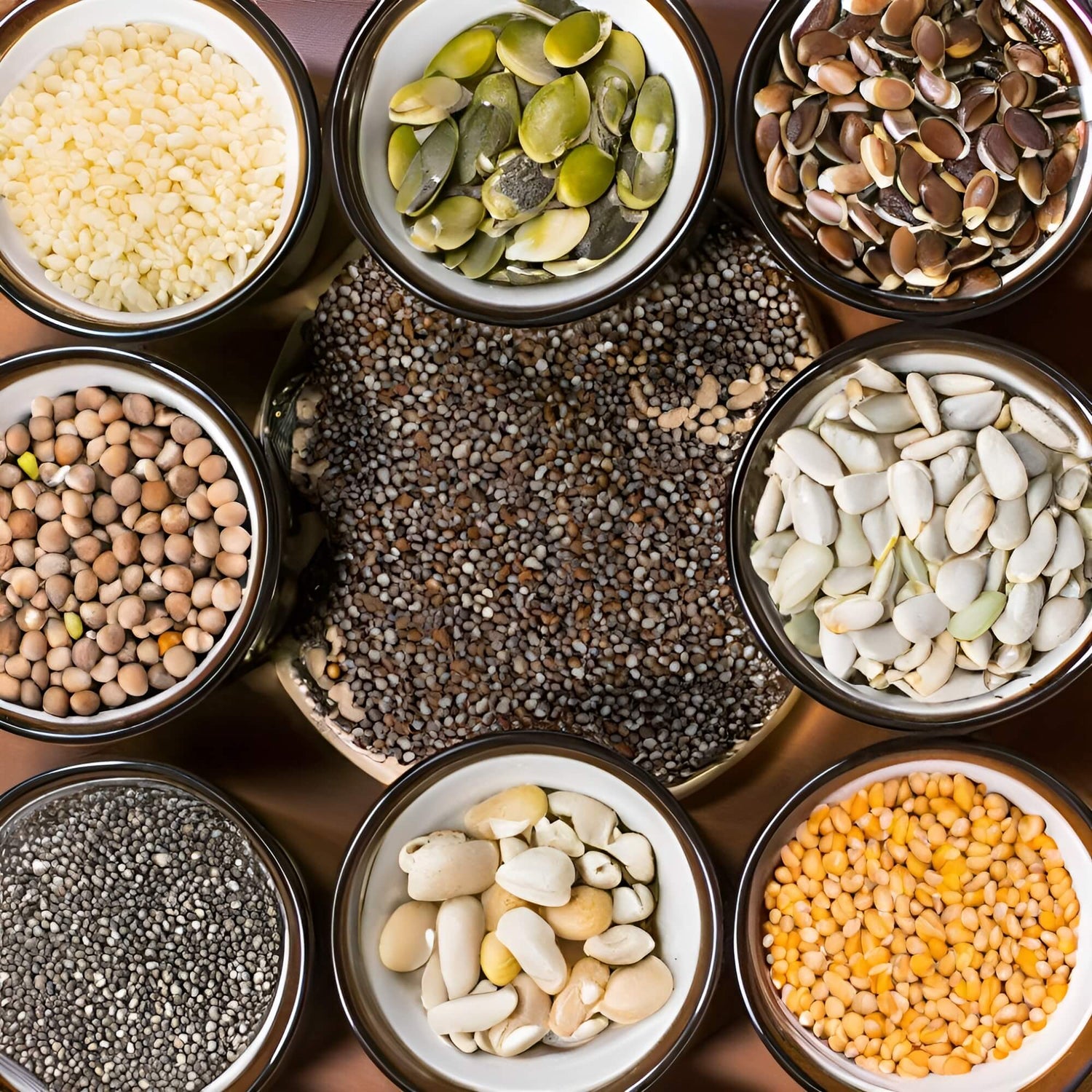Introduction to White Quinoa
Definition and Origin
White quinoa, scientifically known as Chenopodium quinoa, is a flowering plant cultivated primarily for its edible seeds. Originating in the Andean region of South America, quinoa has been a staple food for indigenous communities for centuries.
Nutritional Composition Overview
White quinoa is renowned for its balanced nutritional composition. It is rich in protein, fiber, vitamins, and minerals, making it a valuable addition to a well-rounded diet.
Rich Source of Complete Protein
Amino Acid Profile
One of the most notable health benefits of white quinoa is its status as a complete protein source. Quinoa contains all nine essential amino acids, making it a rare plant-based protein that mirrors animal proteins' amino acid profile.
Comparison with Other Plant Proteins
Compared to other plant proteins like beans and lentils, quinoa's amino acid profile is more comprehensive. This completeness is vital for vegetarians and vegans seeking diverse protein sources.
High Fiber Content
Role in Digestive Health
White quinoa is a superb source of dietary fiber, promoting healthy digestion. Fiber aids in regular bowel movements, preventing constipation, and supporting a healthy gastrointestinal system.
Impact on Blood Sugar Levels
The high fiber content in quinoa contributes to stable blood sugar levels. It slows down the absorption of sugar, preventing sudden spikes and crashes in blood glucose, which is particularly beneficial for individuals with diabetes.
Packed with Essential Nutrients
Vitamins and Minerals
Quinoa is packed with essential vitamins and minerals such as iron, magnesium, phosphorus, and folate. These nutrients are crucial for various bodily functions, including energy production, bone health, and immune support.
Antioxidant Properties
Quinoa contains antioxidants, including quercetin and kaempferol, which help neutralize harmful free radicals in the body. Antioxidants play a significant role in reducing the risk of chronic diseases and promoting overall well-being.
Gluten-Free and Ideal for Celiac Patients
Importance for Gluten-Sensitive Individuals
Being naturally gluten-free, white quinoa is a safe grain alternative for individuals with celiac disease or gluten sensitivity. It provides a nutritious option for those who need to avoid gluten-containing grains like wheat, barley, and rye.
Versatility in Gluten-Free Diets
Quinoa's versatility in gluten-free diets allows individuals to enjoy a wide range of dishes, from salads and soups to main courses and desserts, without compromising their dietary restrictions.
Promotes Heart Health
Lowers Bad Cholesterol (LDL)
Consuming quinoa has been linked to lower levels of LDL cholesterol, the "bad" cholesterol associated with cardiovascular diseases. By incorporating quinoa into the diet, individuals can support their heart health and reduce the risk of heart-related issues.
Supports Healthy Blood Pressure Levels
Quinoa contains potassium, a mineral that helps regulate blood pressure. Maintaining healthy blood pressure levels is essential for reducing the risk of hypertension and related complications.
Aids in Weight Management
High Satiety Index
Quinoa's high fiber and protein content contribute to a feeling of fullness and satiety. This feeling of satisfaction helps curb overeating, making it an excellent addition to weight management plans.
Low Calorie Density
Despite its nutritional richness, quinoa is relatively low in calories. Individuals seeking to manage their weight can enjoy quinoa-based meals without consuming excessive calories, making it a valuable asset in calorie-controlled diets.
Boosts Metabolic Rate
Thermogenic Effect
Quinoa has a thermogenic effect, meaning it requires more energy to digest than other foods. This increased energy expenditure boosts the metabolic rate, aiding in weight loss and weight maintenance efforts.
Influence on Basal Metabolic Rate
Regular consumption of quinoa has been shown to positively influence the basal metabolic rate (BMR). A higher BMR allows the body to burn more calories at rest, contributing to overall metabolic health.
Regulates Blood Sugar Levels
Beneficial for Diabetics
Quinoa's low glycemic index and high fiber content make it a suitable choice for individuals with diabetes. It helps stabilize blood sugar levels and prevents rapid spikes, promoting better glucose control.
Glycemic Index Comparison
Compared to high-glycemic-index foods, quinoa has a lower glycemic index. Foods with lower glycemic indexes are digested more slowly, leading to gradual increases in blood sugar levels and enhanced insulin sensitivity.
Strengthens Bones and Teeth
Rich Calcium Content
Calcium is vital for bone and teeth health, and quinoa is a rich source of this essential mineral. Including quinoa in the diet supports bone density and reduces the risk of osteoporosis.
Synergy with Vitamin D and Phosphorus
Quinoa's calcium content, combined with adequate vitamin D and phosphorus intake, enhances calcium absorption, ensuring optimal bone health. This synergy is crucial for maintaining strong bones and teeth.
Supports Muscle Development and Repair
Essential Amino Acids for Muscle Growth
Quinoa provides the body with essential amino acids, the building blocks of proteins. These amino acids are essential for muscle development, repair, and overall muscle health.
Recovery Benefits Post-Exercise
Consuming quinoa post-exercise aids in muscle recovery. Its protein content supports the repair of damaged muscle tissues, reducing recovery time and enhancing overall exercise performance.
Enhances Cognitive Function
Omega-3 Fatty Acids and Brain Health
Quinoa contains omega-3 fatty acids, essential for brain health. These fatty acids support cognitive function, improve memory, and reduce the risk of neurodegenerative disorders.
Antioxidants and Neuroprotective Effects
Quinoa's antioxidants protect brain cells from oxidative stress, which can lead to cognitive decline. Regular consumption of quinoa contributes to a healthier brain and improved cognitive abilities.
Fosters Healthy Skin
Role in Collagen Production
Quinoa contains nutrients that promote collagen production, essential for maintaining skin elasticity and preventing premature aging. Collagen keeps the skin firm and youthful-looking.
Anti-Inflammatory Properties
Quinoa's anti-inflammatory properties soothe irritated skin and reduce redness. Including quinoa in the diet can help manage inflammatory skin conditions, promoting a clear and radiant complexion.
Improves Immune System
Essential Nutrients for Immune Function
Quinoa is rich in vitamins and minerals that support the immune system, including vitamin C, zinc, and iron. A robust immune system is essential for fighting off infections and illnesses.
Quinoa's Impact on Immune Response
Regular consumption of quinoa enhances the immune response, making the body more resilient against pathogens. Strengthening the immune system is crucial for overall health and well-being.
Versatility in Culinary Use
Variety of Dishes - Salads, Soups, Main Courses
Quinoa's versatility shines in a myriad of dishes. It can be used in salads, soups, and main courses, adding a nutty flavor and a delightful texture to culinary creations.
Creative Quinoa Recipes
Creative cooks can experiment with quinoa by incorporating it into innovative recipes. From quinoa-stuffed bell peppers to quinoa breakfast bowls, the possibilities are endless, making quinoa a kitchen staple for culinary enthusiasts.
Tips for Incorporating Quinoa into Diet
Cooking Techniques
Mastering cooking techniques ensures the best texture and flavor. Rinse quinoa thoroughly before cooking to remove its natural coating, which can taste bitter. Use a 2:1 water-to-quinoa ratio for optimal results.
Flavor Combinations and Seasonings
Quinoa's mild, nutty taste allows it to pair well with various ingredients and seasonings. Experiment with herbs, spices, and sauces to create diverse flavor profiles, catering to different culinary preferences.
Possible Side Effects and Precautions
Allergic Reactions
While rare, some individuals may be allergic to quinoa. It is essential to monitor for allergic reactions such as itching, swelling, or difficulty breathing. In such cases, medical attention is necessary.
Moderation in Consumption
As with any food, moderation is key. While quinoa offers numerous health benefits, consuming it excessively can lead to an imbalance in nutrient intake. A balanced and varied diet is essential for overall well-being.
Conclusion: Embracing the Nutritional Marvel
Recap of Health Benefits
White quinoa stands as a nutritional marvel, offering a plethora of health benefits. From its complete protein profile to its role in heart health, digestive support, and cognitive function, quinoa deserves its place as a dietary staple.
Encouragement for Incorporating Quinoa into Daily Diet
Embracing quinoa in one's diet opens the door to a world of flavors and health benefits. Whether you're a fitness enthusiast, a health-conscious individual, or a culinary adventurer, quinoa proves to be a valuable addition to your daily meals.







